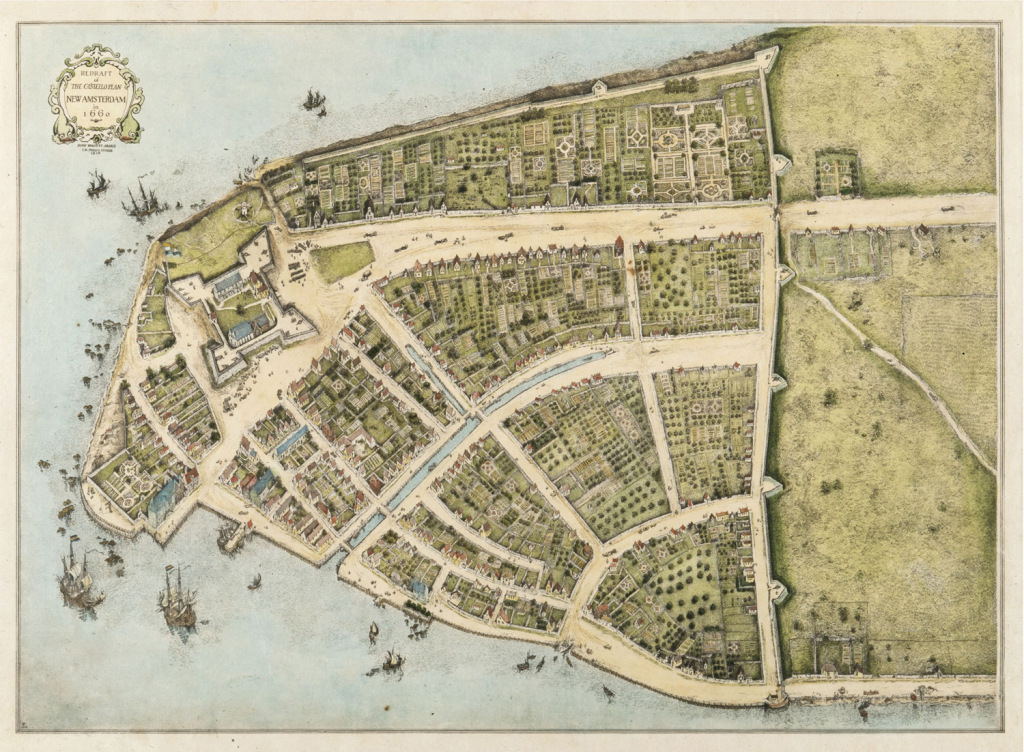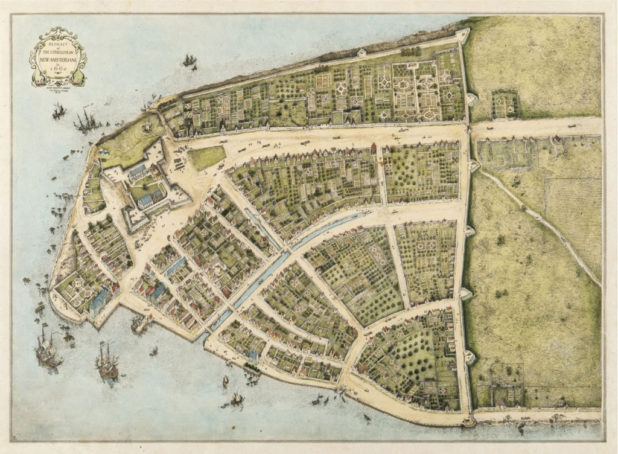Lawrence Murray
Atlantic Centurion
January 13, 2017
The particular borders of a state change over time. History bears witness to this process. Wars, invasions, annexations, revolutions, rebellions, collapses, and the like have confronted human attempts at territorial organization, probably since our earliest days. This area gets annexed to the crown, that area gets taken by invading forces, and that area all the way over there is de facto under our control since the local ruler obeys us. Borders expand and contract like the tide. In a sense, the fixity of borders is a lot like the concept of peace—it prevails in the absence of war but otherwise is a fantasy.
So yes, borders,in the sense of the exact delineations of state control over territory, fluctuate. But there is always a Border. Something separates the people of Territory A from Territory B in the hearts and minds of each respectively. Under ordinary conditions, each tribe has its turf, and has organized itself for the purposes of using, stewarding, and guarding that area. Such is the origin of the state, affectionately called one’s country. If a country doesn’t have a Border—a recognized distinction between its territorial population and foreigners—that means something has gone horribly wrong in the machinery of the state. The continuity of the freedom, liberty, and posterity of the nation are at risk. It could mean the army has been defeated in the field and the enemy has crossed into our land. It could mean the authorities tasked with perimeter defense are incapable of carrying out their duties, or unwilling to do so. It could mean a clique of traitors has opened the city gates. It could mean the country has lost its independence, and to speak of the Border would be anachronistic. But above all, the absence of the Border means that the inhabitants of the land (and their descendants) under the state have lost their claim of exclusivity to it. The tribe has, for all points and purposes, collapsed. Its territory is nullified and its people will be amalgamated or destroyed. The country is up for grabs (if it hasn’t already been taken possession of).
The borders can shift but if the Border is destroyed—if that distinction of one and land its people from other lands and peoples dissolves—the state ceases to meaningfully exist or possess territory for the use of its original people.
As Anglo-Americans, as Amerikaners, as settler-colonists from Europe, as White people, the Border has a special significance to us. According to the “frontier thesis” of historian Frederick Jackson Turner, the Border profoundly shaped our society and politics as we expanded it West. Writing in 1892, shortly after the 1890 Census had declared the frontier closed, Turner said:
This brief official statement [from the Census Bureau] marks the closing of a great historic movement. Up to our own day American history has been in a large degree the history of the colonization of the Great West. The existence of an area of free land, its continuous recession, and the advance of American settlement westward, explain American development.
The Border was seen as the line between American civilization and Indian barbarism, and Americans saw it as their mission to drive it forward. As Theodore Roosevelt put it in his opus, The Winning of the West, “Every acre, every rood of ground which they claimed had to be cleared by the axe and held with the rifle.” In the span of a century, from 1800-1900, the American Republic would expand its borders across an entire continent to reach the ocean, and with the closing of the frontier, to islands in the Caribbean and the Pacific. A generation later, after the end of Manifest Destiny and the once perpetual growth of controlled territory, the United States would pass the Immigration Acts of 1921 and 1924, slashing immigration into what had become a settled country with fixed limes.
America had stopped growing geographically, immigration was at an all time high and sourced from non-traditional countries, and the dominant Americanization process of the past hundred years—the frontier—was gone. The borders stopped moving forward, and the natives felt existential concern about the Border in a metaphysical sense, the distinction and primacy of the territorial population versus foreign people(s). What was to be done with the endless flow of migrants silting up in the country’s ports of entry? In a land no longer being settled, what should the attitude be towards them? What is to be done regarding people who are not part of the historical process of creating the American nation through settlement, but clamoring for pieces of it and changing its ethnic composition?
This question is much like what we face today. History tells us our ancestors had an answer to the problem of the country becoming increasingly foreign. The answer was quite simply to shut it down. Shut down the changing demographics. Shut down the rising share of the population that was born overseas. Shut down migration from outside the core regions of Britain, Ireland, and Germany and block the rest of the world. In other words, the solution was to assert that America still had a Border, that Border mattered, and differences between the internal composition of the country and the external composition of the world mattered.
A settled people have different priorities from a settling one, and White Americans are a settled people. The average newcomer does not have a place and a role waiting for him that needs almost indiscriminate filling. It matters who gets added to the collective and why, because we will be dealing with him and his descendants for all eternity, not leaving them behind for greener pastures. It matters that too many members of a distinct out-group or several are crowding into a location.
It matters that a man lives in a mass democracy, not an individualistic frontier society, and that in time those who are let in will be writing his laws, ruling his cities, and marrying his daughters. Accustomed to taking the Border with him as he moved, the frontiersman only realized when his people become settled (i.e. less mobile) that he needed to protect the Border more firmly. The Border, that line between us and them, ceases to be the water to the proverbial fish—in a settled country it is obvious that the Border exists. The American frontier became the Roman limes.
History showed that throttling European migration from outside the core regions allowed these immigrants assimilate into the greater White population. The foederatii were allowed to become Romans, and the Romans were allowed to stay Roman. But other groups remained distinct. The Jews, first let in en masse in the late 19th century, persist as a nation inside a nation (as they have been in world history for over 2000 years), and behave accordingly. They fought the re-assertion of the Border in 1921 and 1924, succeeded in dismantling it in 1965 with the (((Hart-Celler Act))), and they are going to fight it again from 2017-2025 as President Trump tries to manifest it into physical, legal, and virtual reality.
The (((Hart-Celler Act))) dismantled the Border. In practice and in law, there was no longer any distinction between Americans and who could become an American. For administrative purposes, the borders of the United States continued to exist, but in no meaningful sense could the historical American nation speak of a Border, which had been legislated away from it on the one hand, and undertaking political efforts to reclaim it made worthy of pariah status on the other. In this treachery both liberals and “conservatives” were complicit.
But this has to change, and it’s starting to change. The Republican party, under immense pressure from the success of Donald Trump in the primaries, added building a barrier along the US-Mexican border to its official party platform in July 2016. Now he is to be inaugurated in January. Even though The Wall does nothing to resolve the consequences of fifty years without a Border, it reflects an ethnocentrism emerging among those hit hardest by the third demographic transition, Whites. It is just one of many steps towards reclaiming our freedom, liberty, and posterity.
When we have our own state—which will become increasingly logical to our people as they find there is nowhere left to run and that ethnocentrism is inevitable in a completely ethnically fractured society—we will have to answer not merely the question of its borders but of the Border. There will be the immediate practical concerns of where the lines are drawn on the map, which territories are held and which are not. But more important perhaps, is finding a way to metapolitically sanctify the borders of the Fatherland among the people.
The Border must be so highly regarded that to speak of its dissolution should be seen by our successors as something as vile as racism is to the third worldist left. People who impugn the honor and dignity of the limes patriae, our last line of defense against submersion beneath the tide of color, should be regarded as disgusting and debased people, whose values are no different from those of terrorists. Because in the long-run, were their views to become policy, the nation would be eradicated. That is the process we are dealing with currently; we live in a society where the idea that our society even exists (as a unique land and people from the rest of humanity) is contested. The intensely hated Osama bin Laden and Abu-Bakr al-Baghdadi are not existential threats to our freedom, liberty, and posterity—our anti-white governing institutions that violate the Border are.
Terror is not living in fear of bombings and shootings; terror is knowing you will wake up one day in a foreign land that you can never come home from.

